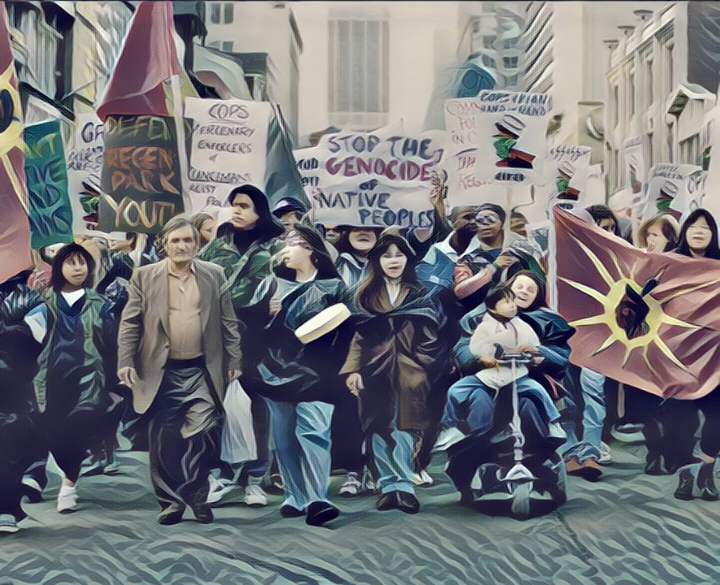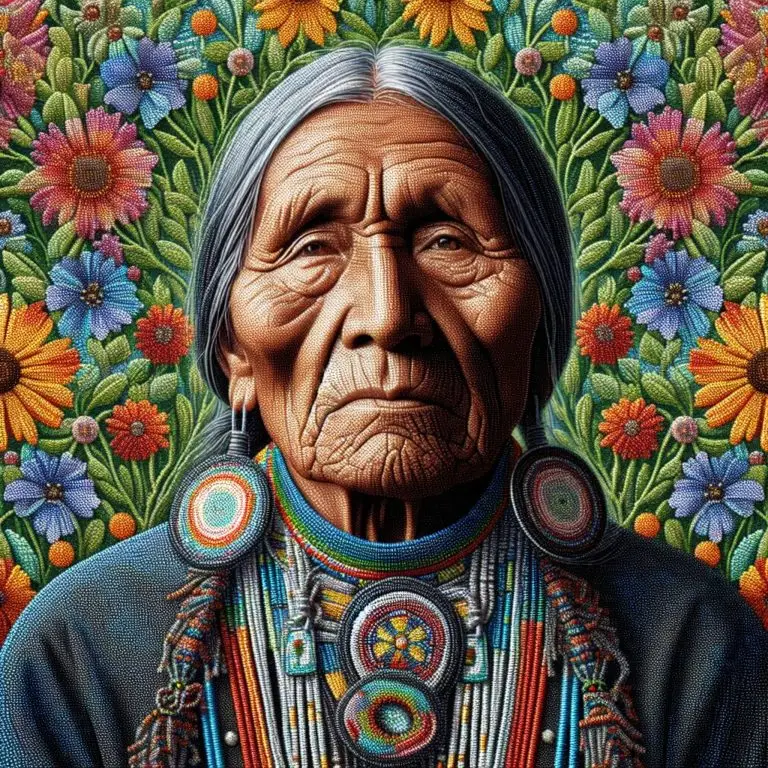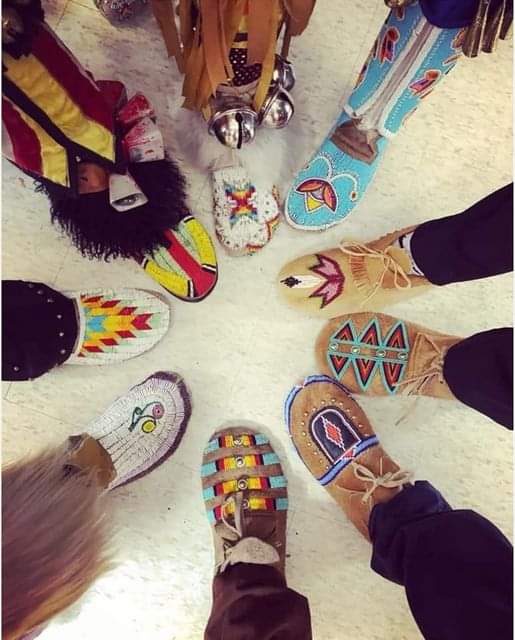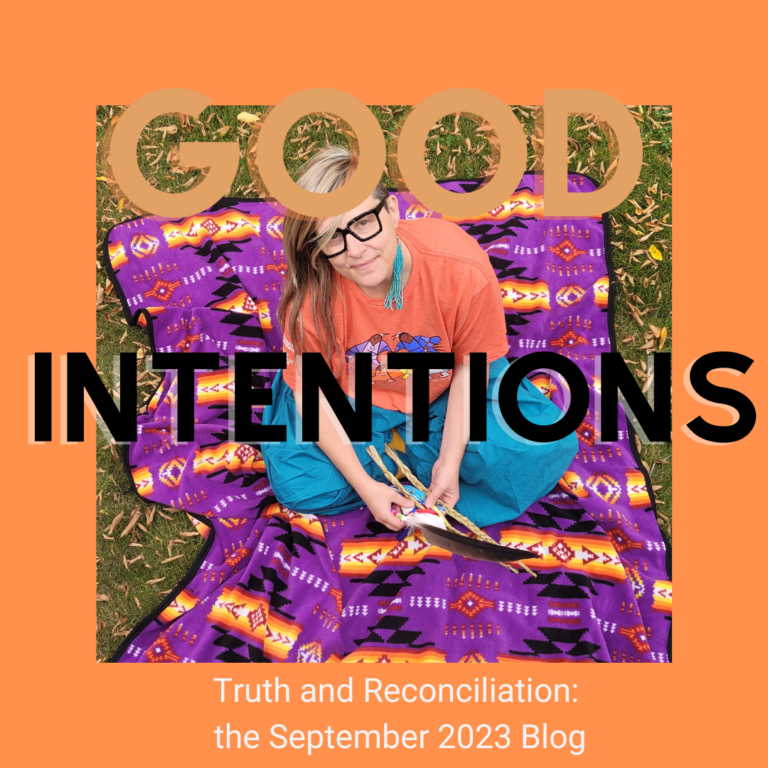The Harmful Impact of White Innocence: Understanding Your Role in Systemic Racism Against Indigenous Peoples
It is widely believed that success in society is a result of individual effort and not systemic privilege. This belief also extends to our understanding of race and racism, where many white individuals may remain unaware of their role in perpetuating systemic injustices against Indigenous Peoples.
White innocence refers to the belief held by some white individuals that they are not responsible for or implicated in systems of racism and oppression against Indigenous Peoples. This denial can manifest as resistance to change, lack of self-reflection and personal growth, and an unwillingness to acknowledge the ways in which they may benefit from systemic racism.
The harmful impact of white innocence cannot be overstated. By denying their own role in perpetuating systemic racism, white individuals perpetuate the systemic barriers that Indigenous Peoples face and prevent meaningful progress towards justice. This denial also reinforces the idea that systemic racism does not exist and that individual actions, rather than systemic structures, are the root cause of racial inequalities.
For instance, a white individual may fail to acknowledge the advantages they hold due to their race, such as better access to education and job opportunities, or the privilege of not being subject to racial profiling in public spaces, such as in stores or while using public transportation. They may also be unaware of the difficulties Indigenous Peoples face when trying to access basic necessities such as rental housing or booking hotel rooms without facing discrimination or racial profiling. This lack of awareness hinders their understanding of the barriers Indigenous Peoples face and obstructs efforts to tackle systemic racism.

September 30, 2021, Toronto
Another manifestation of white innocence is the habit of disregarding or minimizing instances of racism and discrimination against Indigenous peoples. For example, a white individual may claim that a certain event was not racially motivated or that Indigenous peoples are overly sensitive, emotionally charged, or consistently upset. Such dismissiveness perpetuates the notion that systemic racism does not exist and disregards the experiences and perspectives of Indigenous Peoples.
Tackling white innocence necessitates a dedication to introspection, embracing discomfort, ongoing learning and unlearning, the ability to listen actively, honesty, with vulnerability, and to speak from the heart. It also involves acknowledging the ways in which one may personally benefit from systemic racism and actively striving to challenge and dismantle it within oneself and in society at large. By embracing this effort, white individuals can become allies in the pursuit of equity and justice and contribute to breaking down systemic barriers through collective action. This requires a sustained willingness to listen to the experiences of Indigenous Peoples, to relinquish control, and venture into new territory.
Additionally, addressing white innocence is not solely an individual responsibility, but also a collective one. It demands a comprehensive societal effort to acknowledge and challenge systemic racism, which involves transforming institutional policies and practices that reinforce racial and intersecting inequalities. This necessitates ongoing education and increased public awareness, as well as meaningful and sustained engagement with Indigenous individuals and communities.
In conclusion, white innocence is a harmful form of systemic racism that perpetuates the oppression of Indigenous Peoples. By acknowledging and addressing your own role in perpetuating systemic racism, we can begin to work towards creating a more equitable and just society for all. This requires a commitment to self-reflection and a willingness to listen in discomfort; as well as a society-wide effort to challenge systemic racism and support Indigenous communities.





